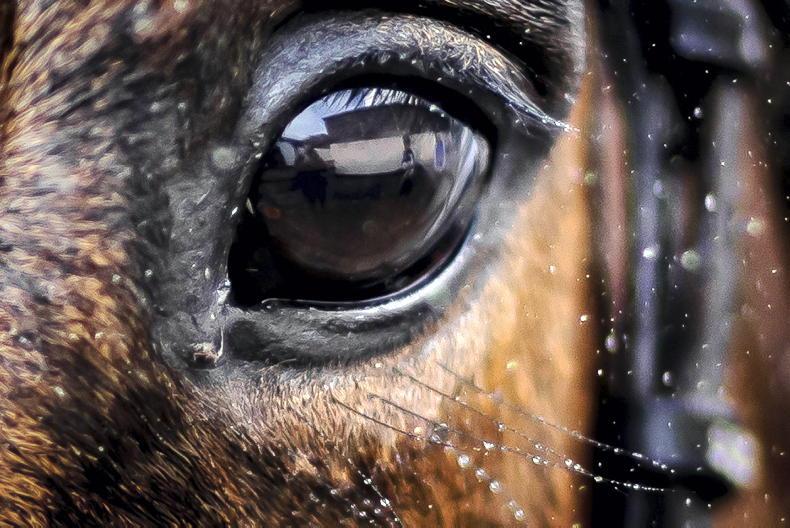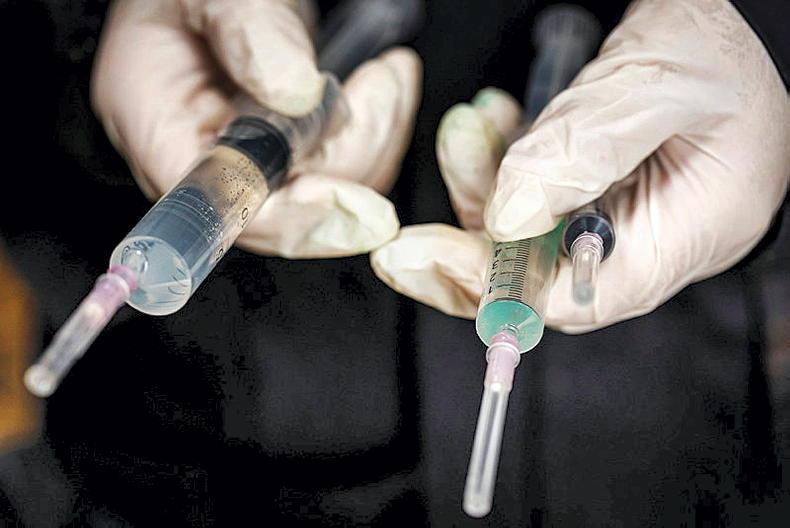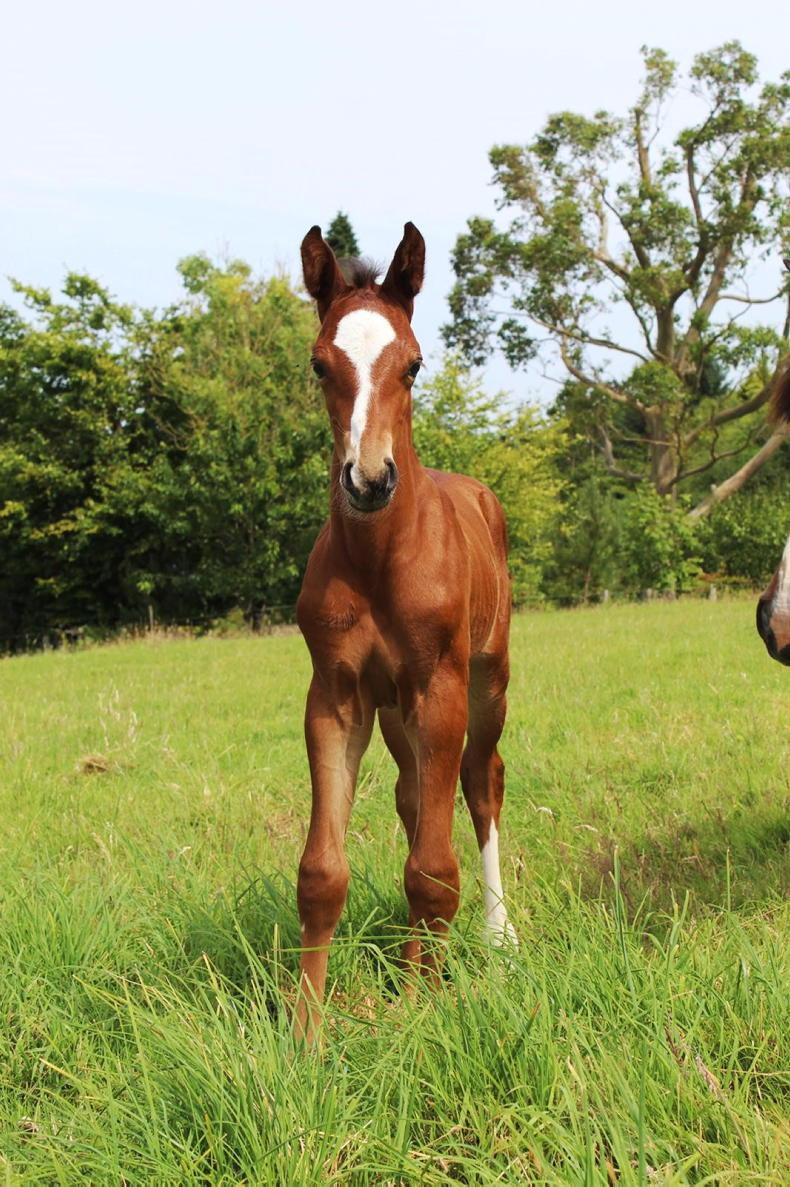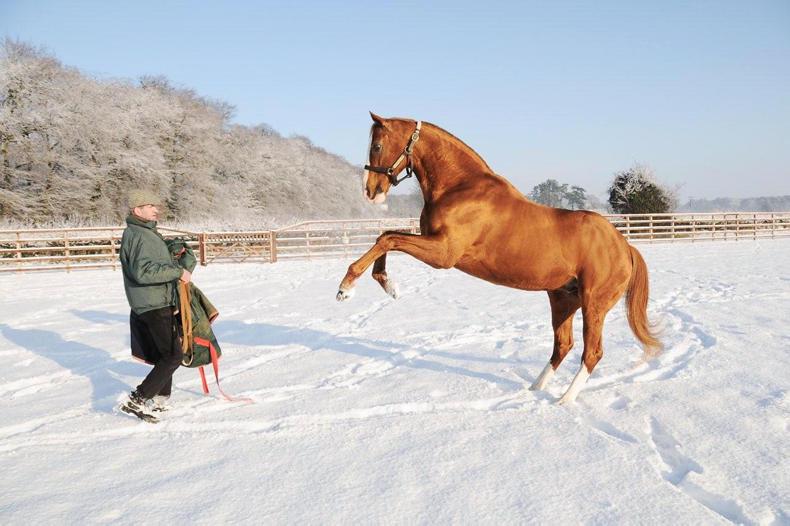OVER 4,500 equestrian stakeholders have participated in a survey designed to take the pulse of the community on topics relating to horse welfare and wellbeing, as well as specific concerns regarding the use of horses in sport. Early survey results were discussed during the first in-person meeting of the newly formed Equine Ethics and Wellbeing Commission at the FEI Headquarters in Lausanne (SUI) on 3 and 4 August.
“We cannot assume there is general acceptance of horse use in sport,” FEI President Ingmar De Vos said. “It’s important that we – the global governing body – proactively seek input from the community to gauge and to address any concerns they may have.
Equestrian sport depends on the wellbeing of its horses, and the FEI has a duty to ensure high standards of welfare for the horses competing in each of our disciplines, and also to consider the impact that our sporting activities have on the environment. This is a role we understand and we are fully committed to.
“If our sport is to keep its social license, our community and the public need to believe and trust that our work is being carried out to the highest moral and ethical standards.
“While we have comprehensive systems and mechanisms in place to protect the welfare of the horse, we need to have our finger on the pulse so that we understand, and then clearly address, the priority concerns for different stakeholders, including the public.”
The Commission has initiated two surveys to help with their work. The equestrian stakeholder survey, available in English, French and Spanish, will run till 19 August and will draw on the views of FEI Athletes, Officials, Owners, Organising Committees, Grooms, National Federations and related associations, as well as the wider equestrian sector stakeholders. There will also be a public opinion survey that will be translated into several languages and conducted in 14 key global markets, using a specialist market research and data company.
Surveys
The results of both surveys will be analysed, and the data considered alongside information from focus groups, the latest research in the area of equine wellbeing, and input from related industry bodies. These insights will help inform a ‘framework’ to guide the development of FEI regulations, policies and practices in the future, including but not limited to education initiatives, standard setting, engagement and enforcement.
The Chair of the Equine Ethics and Wellbeing Commission Professor Dr. Natalie Waran said: “The equestrian community is complex and there are many different stakeholders with diverse points of view. We want to gather and understand these concerns and then consider what should be done to not only help improve equine wellbeing, but also address the understanding of horse use in sport around the world.”
The Commission will work over an initial period of 18 months, with an interim report to be presented at the FEI General Assembly in November 2022 in Cape Town (RSA), followed by a second report at the FEI Sports Forum in April 2023 and a final report/framework to be submitted for approval at the FEI General Assembly 2023 in Mexico.




 This is a subscriber-only article
This is a subscriber-only article
 It looks like you're browsing in private mode
It looks like you're browsing in private mode










SHARING OPTIONS: